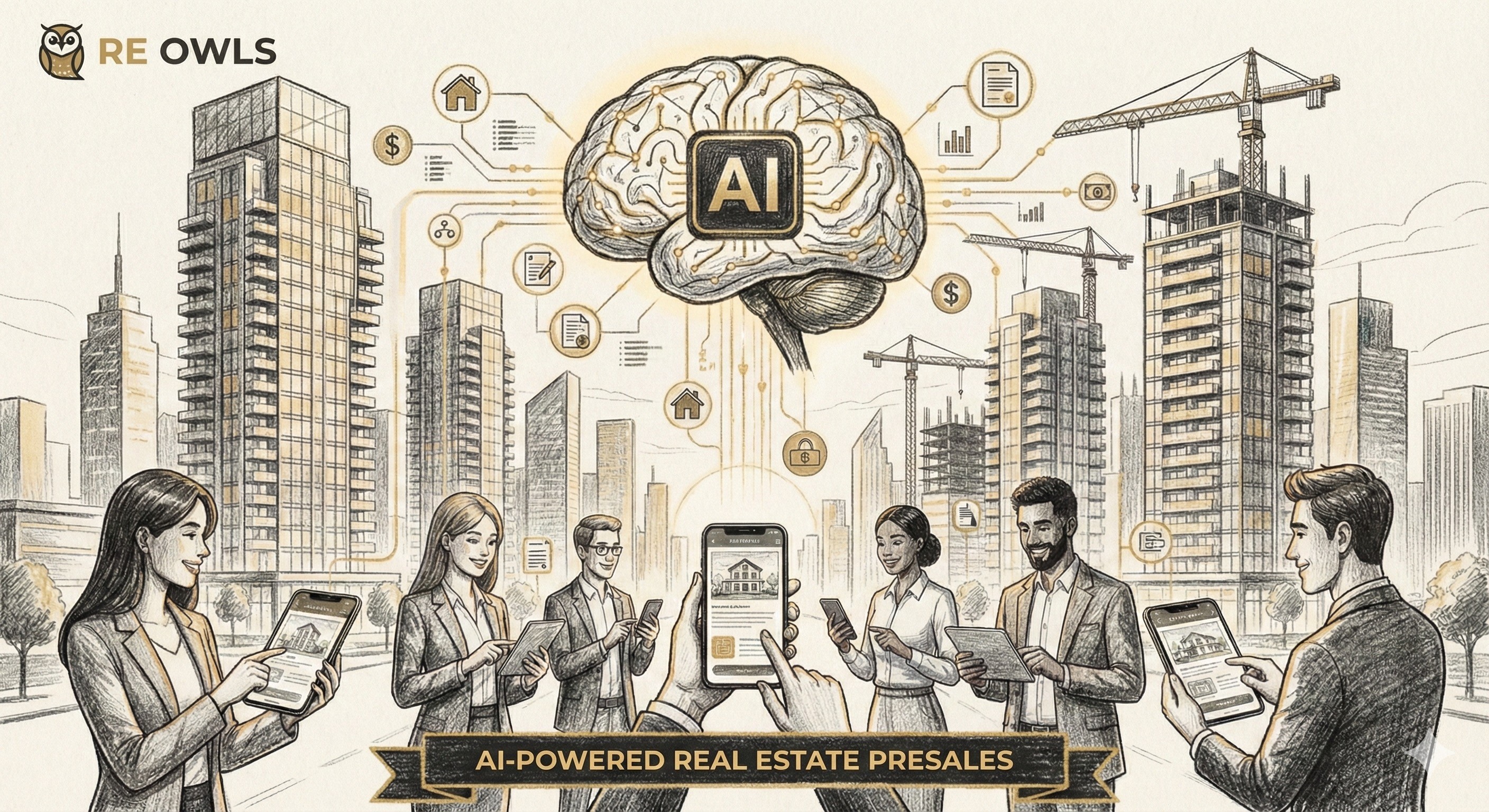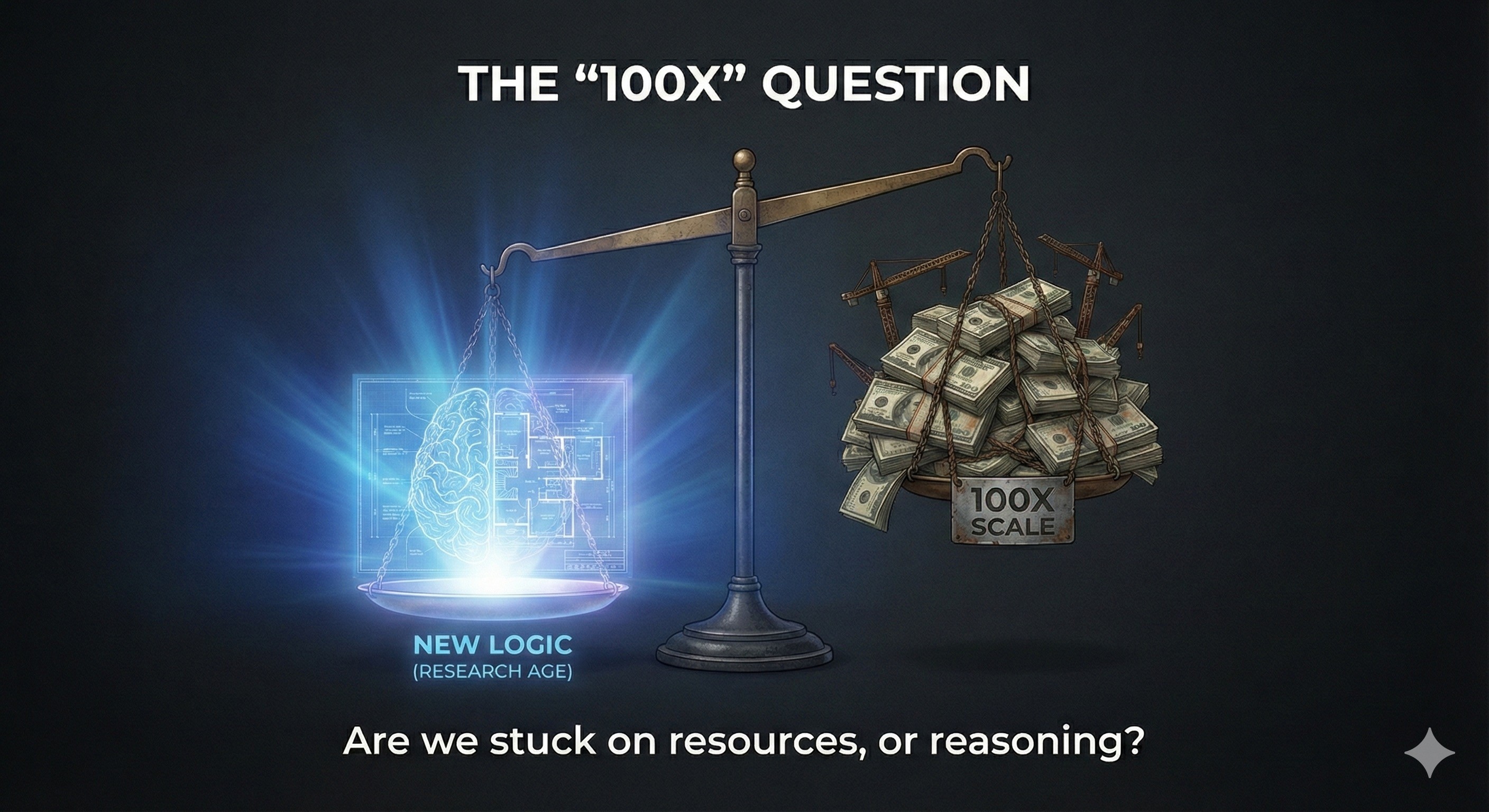Unpacking the Potential of Real Estate Tokenization
In a rapidly evolving digital world, the real estate market stands on the brink of a transformation, courtesy of tokenization. This innovative process, enabled by blockchain technology, represents a seismic shift in how property ownership can be divided, traded, and recorded. The "Tokenisation Report" by the Oxford Future of Real Estate Initiative provides a deep dive into how this emerging phenomenon could reshape the landscape of real estate investment, offering unprecedented opportunities and challenges alike.
The Essence of Tokenization
At its core, tokenization is the digital representation of ownership or rights to a real estate asset through blockchain tokens. These tokens can represent fractional shares in property assets, allowing for easier and more flexible transactions than traditional real estate investments. This mechanism democratizes access to real estate investments, making it feasible for smaller investors to participate in markets previously dominated by wealthy individuals and institutional investors.
Advantages of Real Estate Tokenization
Tokenization harbors several advantages, including enhanced liquidity of real estate assets, fractional ownership, increased transparency, and reduced transaction costs and times. By breaking down barriers to entry, it allows a broader range of investors to engage with the real estate market, potentially leading to more diversified investment portfolios and a democratization of wealth accumulation.
Increased Liquidity
One of the most significant benefits is the potential increase in liquidity. Traditional real estate investments are notoriously illiquid, with sales often taking months to complete. Tokenization, however, facilitates faster transactions on digital platforms, enabling owners to sell fractional interests without the need for lengthy and complex processes.
Fractional Ownership
Tokenization allows investors to purchase fractions of property, lowering the minimum investment thresholds and providing access to high-value assets that would otherwise be out of reach. This fractional ownership also enables investors to diversify their portfolios more easily, spreading risk across multiple properties or real estate sectors.
Transparency and Security
Blockchain technology ensures transparency and security in transactions. Every transaction is recorded on a decentralized ledger, providing a clear, tamper-proof record of ownership and transaction history. This transparency reduces the risk of fraud and makes it easier for investors to make informed decisions.
Challenges and Regulatory Hurdles
Despite its advantages, real estate tokenization faces several challenges. Regulatory uncertainty looms large, as existing laws and regulations around securities, real estate, and digital assets may not fully accommodate or address the nuances of tokenized properties. Moreover, the real estate market's traditionalists may be slow to adopt new technologies, and the technical complexity of blockchain and tokenization can be a barrier to entry for some investors.
The Future Landscape
The "Tokenisation Report" posits that real estate tokenization is still in its nascent stages, with its full potential yet to be realized. As regulatory frameworks evolve and technology advances, tokenization could become a standard practice in real estate transactions. This evolution will require collaboration between technologists, regulators, and real estate professionals to overcome hurdles and fully harness the benefits of this innovative approach.
Conclusion
Tokenization presents a compelling vision for the future of real estate investment, characterized by inclusivity, efficiency, and transparency. While challenges remain, the foundational shifts enabled by blockchain technology could democratize access to real estate investment, reshaping the market in ways that benefit investors and property owners alike. As the real estate industry stands on the cusp of this digital revolution, stakeholders must navigate the complexities of adoption to unlock the transformative potential of real estate tokenization.




